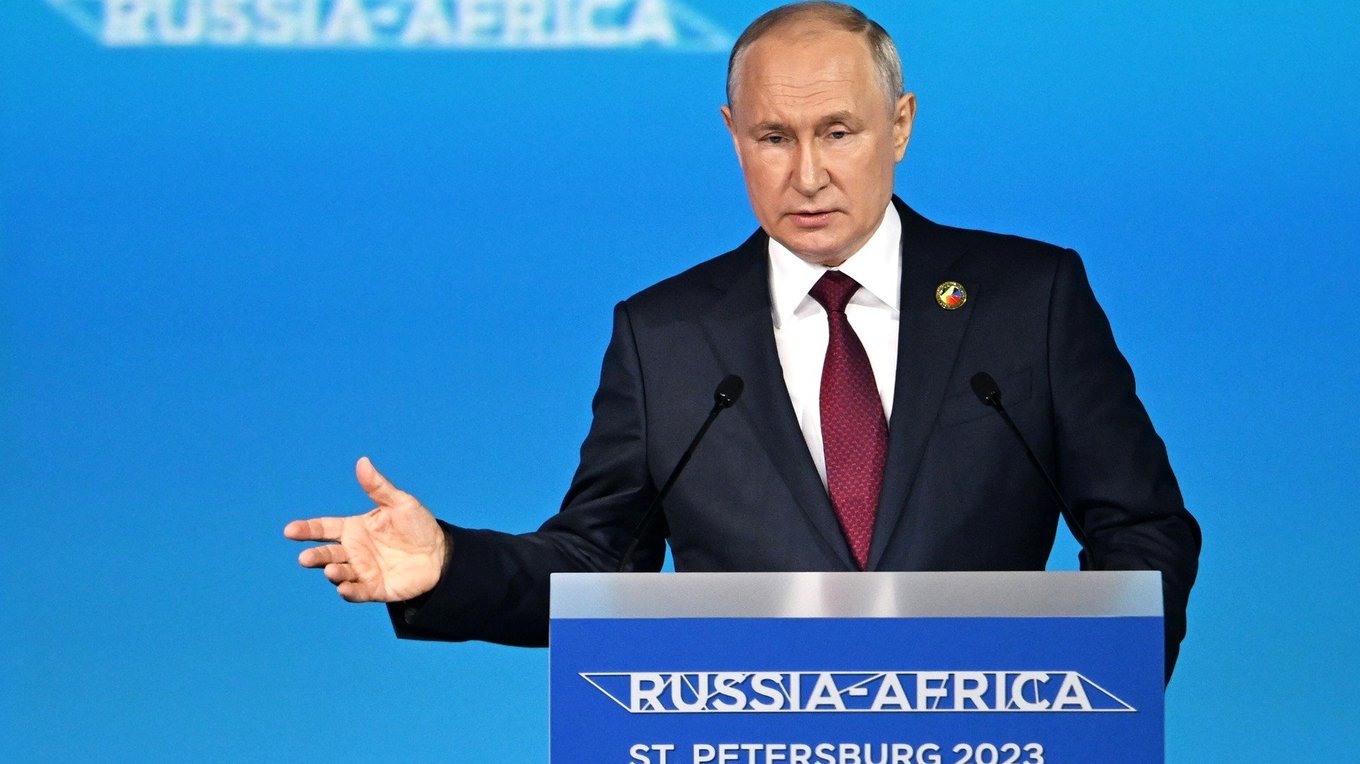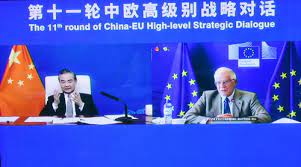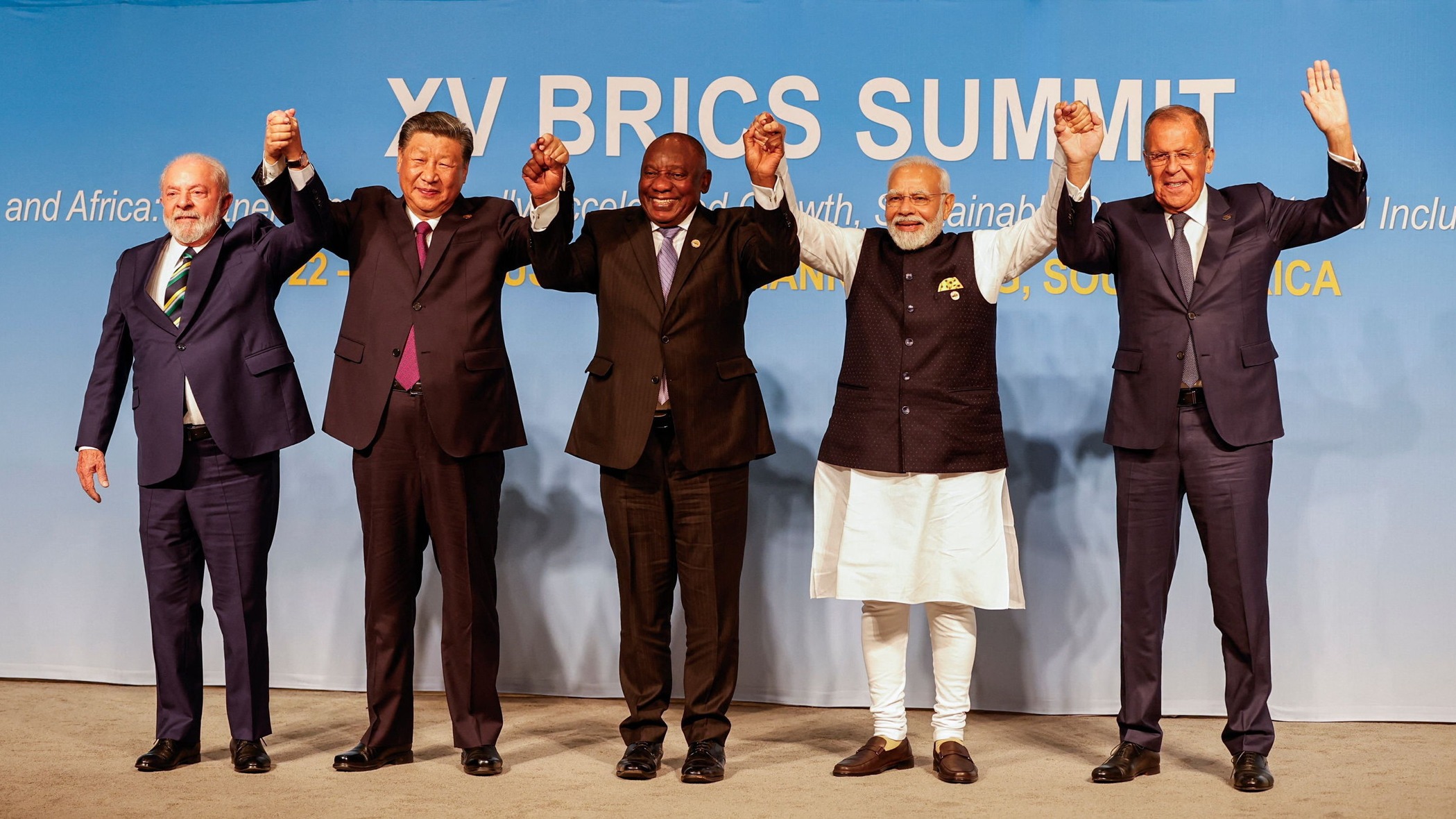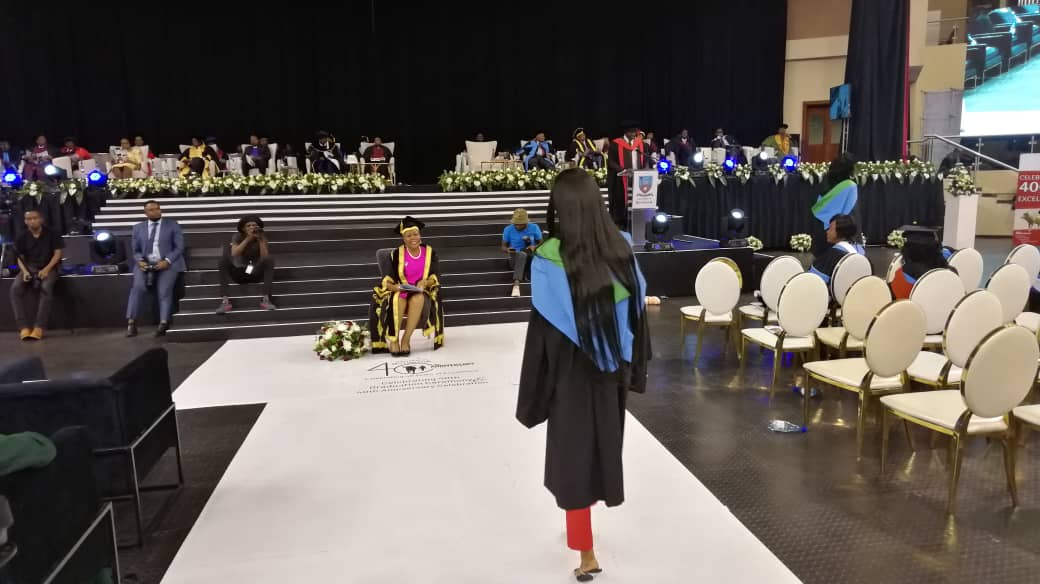
Executive Summary
Botswana is expected to hold its 12th general elections in October 2019. To date, the Botswana Democratic Party (BDP) has won each of these elections. In 2014, the BDP won, but secured the lowest popular vote in its history, reaching only 47%. International observers declared the elections free, but not entirely fair. Observers and the opposition again criticized the lack of a level playing field and questioned the democratic credentials of Botswana’s fourth president, Ian Khama. The BDP will be contesting the 2019 elections under a new leader, President Mokgweetsi Masisi, who succeeded Ian Khama in April 2018.
Despite having maintained a level of political and economic transformation able to deliver palpable benefits to the population, challenges persist. Botswana’s transformation toward a mature economy has been slow, in part owing to sluggish economic diversification and declining minerals revenue, particularly from diamonds. The vulnerability of Botswana’s economy was demonstrated during the 2008 and 2009 global financial crisis. As in the previous review period, some constraints on press freedom and occasional arbitrary actions by the executive have been observed. Government media remained tightly controlled by the Office of the President. However, in November 2018 the state media covered the leader of the opposition’s response to President Masisi’s State of the Nation Address – a development that was not possible under President Khama. With President Mokgweetsi Masisi having succeeded Ian Khama on April 1, 2018, there is a sense of optimism that the fear that gripped the country under Khama was waning, as Khama was considered intolerant. Masisi’s tolerance to criticism is yet to be tested. Furthermore, the government maintained measures of dubious legality, including the unexplained deportations of foreigners, until President Khama stepped down on March 31, 2018. Since President Masisi took office on April 1, 2018, only one such deportation was recorded in May 2018 but was subsequently overturned by the president, possibly out of pressure from different quarters. The land rights of indigenous people in the Kalahari Desert, the San (also called “Basarwa” or “Bushmen”), and their development challenges remain unresolved. The challenges posed by social risks, particularly the swelling numbers of unemployed youth, present serious threats to Botswana’s long-term economic, political and social stability.
The BDP’s political dominance has persisted despite a 2010 split that led to the formation of the Botswana Movement for Democracy (BMD). Subsequent to Masisi’s ascendancy, media reports suggested a brawl between Masisi and Khama, suggesting differences between the two leaders, which was confirmed by President Masisi in November 2018. Their public conflict was in motion at the time of writing, and media reports suggested that a faction associated with Ian Khama within the ruling party (referred to by insiders as “New Jerusalem”) is emerging. It appears the party is split between followers of Masisi and Khama. On December 18, 2018, Pelonomi Venson-Moitoi declared that she would be challenging Masisi for president of the party, which is against established party practice. She was immediately relieved of her ministerial portfolio, and media reports linked her to the “New Jerusalem” faction. Ian Khama has declared his support for Venson-Moitoi’s candidacy. The tiff between President Masisi and Ian Khama has the potential to destabilize institutions (including the ruling party) and the country. Nonetheless, cooperation talks among the opposition that followed the 2009 general elections yielded some success. The Botswana Congress Party (BCP) merged with the smaller Botswana Alliance Movement (BAM). The BMD, Botswana National Front (BNF) and Botswana Peoples Party (BPP) formed a coalition – the Umbrella for Democratic Change (UDC) – in 2012. As a result, three main political factions – BCP, BDP and UDC – contested the 2014 general elections. Of the 57 directly elected seats in parliament, the BDP won 37 seats (47% of the popular vote), UDC 17 seats (30% of the popular vote) and BCP three seats (20% of the popular vote). The opposition parties’ efforts to challenge BDP dominance continue to be hampered by a lack of resources. Following the 2014 general elections, the UDC parties entered into protracted cooperation talks with the BCP. On February 3, 2017, a coalition between a faction of the UDC and the BCP was announced. The new coalition has adopted a Social Democratic Program (SDP) as its policy framework. With the formation of a new coalition, there was optimism and the possibility of an opposition electoral victory in the 2019 elections. These hopes have in part been quashed as a faction of the BMD split on September 20, 2017, to form the Alliance for Progressives (AP), while the conflict-ridden BMD was ousted from the UDC on October 25, 2018, following its suspension. The BMD is contesting its expulsion in court, and the court has yet to make a decision at the time of writing. If the coalition was sustained, 2019 would be a critical juncture in Botswana’s history. The formation of the opposition coalition was expected to go a long way in strengthening the party system and increasing stability. Furthermore, the number of specially elected members of parliament has remained at six (increased from four in 2016). Interestingly, in August 2018 the government declared that the controversial 2016 electoral law amendment that among others embraced electronic voting would not be used during the 2019 elections, as it was not in operation. The amendment had met disapproval from certain quarters, with the opposition BCP challenging it in court.

The record of economic transformation in Botswana remains mixed. Botswana’s dependence on diamonds remains a major challenge. Growth stalled when diamond prices and global demand for minerals fell in response to the Great Recession beginning in 2008. For the first time in 17 years, the government requested a loan from the African Development Bank. Another loan of BWP 1.5 billion was secured from the World Bank in 2017. Even so, the country’s commitment to prudent economic management ensured that the economy realized a steady recovery, restoring a budget surplus beginning with the 2012/2013 financial year. The 2013/2014 budget generated a surplus of BWP 386.16 million and the 2014/2015 budget a surplus of BWP 5.34 billion. However, a budget deficit of BWP 6.99 billion was recorded in 2015/2016. Similarly, revised estimates for the 2016/2017 budget suggest a deficit of BWP 1.11 billion. The 2017/2018 budget recorded a deficit of BWP 2.42 billion while the 2018/2019 budget anticipated a deficit of BWP 3.59 billion. The government reported that the economy grew at 0.3% in 2015 due to a fall in minerals revenue, demonstrating once again that the economy remains vulnerable owing to the slow pace of diversification efforts. The government put growth rate at 4.3% in 2016. In terms of the 2018/2019 budget, the government reported that the economy was expected to respectively grow by 4.7% and 5.3% in 2017 and 2018.
Existing social problems, including poverty, inequality and unemployment, are aggravated by the persistence of the HIV/AIDS pandemic. Yet, the wide provision of antiretroviral treatment at no cost to patients has helped reduce the number of HIV deaths and prolonged the lives of many. Internationally, Botswana remains active and genuinely supportive of regional cooperation, conflict resolution efforts and anti-corruption initiatives by the African Union, Commonwealth of Nations, and United Nations. Domestically, participation and consensus-building remain central pillars of Botswana’s political culture. However, structures that encourage participation and building consensus, such as the “kgotla” (traditional council meeting), continue to be afflicted by apathy, particularly among the young.
To Read the complete report Click on the following link:









